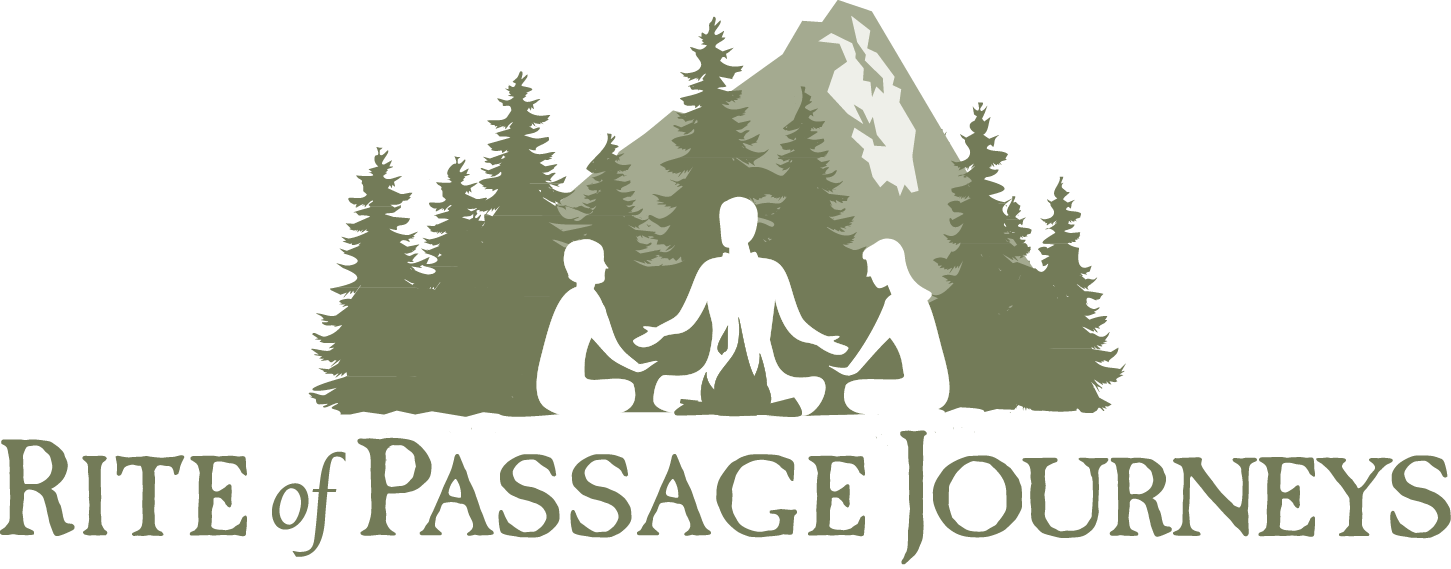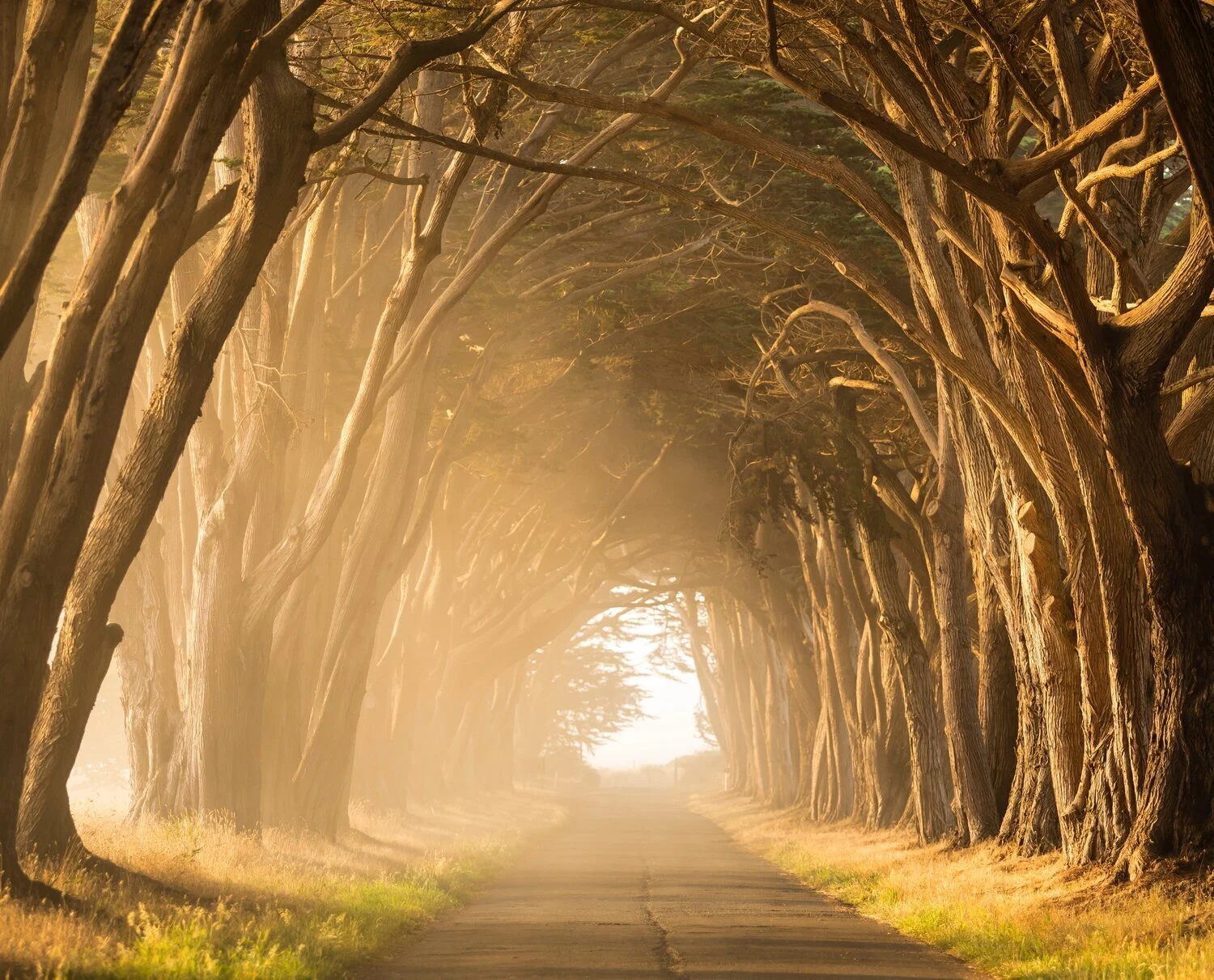By Patti Kwok, participant Grieving Time 2019
On this Saturday afternoon, she enters a remodeled building in the heart of Sunset Hill, a neighborhood of Seattle Washington. In the partial sunlight, the community center is washed in the afternoon shades of fading paper whites and dandelions, cream cheese and buttered popcorn; portions of the building just passed over by the approaching fall evening and its unfolding blanket of gray chill. November’s canopy alters from ivory fleece to rosy Camelian, mandarin blush becomes turmeric gold and her gilded anchor sinks into a vast sea of star-studded navy and indeterminate black — a beautifully arranged marriage of fire and gravity.
Entering the upstairs doorway off the newly remodeled deck, she feels a sense of divinity, trusting the light and its tempting pull of embracing angles; it is a house of belonging. The floors are a beautiful oak, creaking sweetly in places like an old wooden bridge, a horse’s weathered saddle, the atrium of a 19th century hotel, or the slant of a well-worn hallway. Within her first breath, the familiar sorrow rushes back like the unsettled salt of ocean, dry prairie, an acre of soil she can never properly tend. She walks the perimeter of chairs containing a reservoir of grief seen in the dark forest pools of another’s eyes, that arrested posture, the smell of secret longings, a place for uncovered grief to finally rest; tremors of hesitation break the sound barrier of forgotten depths where ritual matters.
Several people kindly acknowledge one another: a man who lost his wife months ago, a recent suicide, a coveted red Swiss army knife from a brother who died long ago, many stories palpable although not quite felt or heard. Artifacts brought from home — photographs, statues, a small metal bicycle, stones carefully chosen from a basket — objects placed on the altar as a life remembered, an earth deeply loved. She fiercely protects her own burden as the ritual has not yet begun. An older man tells her she must download the new app Finding Fred — inviting Fred Rogers back for the wounded adult, the familiar voice of a revolutionary, a spiritual herald and his radical knowing donned underneath a red cable-knit sweater. Invited into beginning ritual, she enters the depth of love beyond fear.
We know that we have left death and come over into life; we know it because we love others (1 John 3:14)
Sitting in a circle of sharing, reality comes flooding back — she, too, will lose everything she’s ever loved; but she knows love cannot be kept in the grave. The ritual begins in sacred drumming, depicting the communal heartbeat of longing, that bridge to a forgotten sense of belonging, the primal rhythm of memory and mother, earth and harvests, prosperity and lasting riches. In chorus of evocation, enacted by each of the three facilitators, they bow in all directions. We are guided by ethereal emotional chants and borrowed lyrics from the gods. We enter the untamed world of muse and her many indifferent seasons. The dance of Kairos and her timeless redemption enters the temple, and she engages with the depths of a forgotten freedom.
Nature’s mandala is constructed from the center out in green willowy fern, a circumference of soft brocade pillows, shooting stars of candlelight illuminate the protected center of grief, surrounded by three other circles — one of nurturing, protecting, and a familiar village on the perimeter where torment is resurrected and levity and mirth take shape in redeeming shadows, where the painted Bacchae take to the hills of wilderness, dancing more freely. Immersed in candlelight and the sacred movement of ritual, she sings the chorus of soul allowing grief to make evident the forgotten joy after loss. From aching heart to open heart, she falls into a devotional trance that reclaims her deeper meaning towards the lost art of being.
Thirty minutes into the wild frenzy of scattered emotion, falling like leaves and stars, they have broken through oppressive shadows, beyond the sound barrier of Cronos, into a new dawn of time and place. She is pulled towards the altar of radiance, surrendering to a large silky cushion, sacrificing a known way of being — remembering that we are all children of the earth’s dreaming, now pulled into the center of our own belonging, once rootless now tethered — no longer afraid of the invisible, what seemed impossible to know. Wailing and the lonely scream of hunger opens the sentinel gates of psychic numbing — lose and wild weeds tumble into the turbulent matrix of sweat and tears, the lightning strikes, the rains flood, lungs fill with the alchemy of fresh air, ghosts with painted faces masked in red and black wander in the haze of afterlife, building bridges between the visible, the imaginary, the intangibles; ritual leaves nothing in the dark — flames become a galaxy of stars, shorebirds sing towards a rising dawn, the withered sedge returns along jagged shores. Silver tones of fish from the river’s edge are kissed alive by the cycles of sun and moon and the tilting gravity of a re-discovered soul. We must taste the death of our nature.
Her stony brick of a wounded heart softens into clay, malleable through the curves of time, pulsing with force through the great dams and arteries of grief. Bodies lie in the fertile soil like cocoons hanging from emerald chains of forest, wings form in the shadows of fallen stars, the center circle of sharing becomes a sculpted topiary of broken emotion, tangled threads of red rage unravel secrets left buried far too long. We are like borrowed dust, but something new has been written in the ashes of our lives; like the caterpillar — we were too small to live. New wings carry the intelligence of stars. We leave death and come over into life.
Encountering Grief
excerpt of a guided meditation from Joan Halifax
Bring attention to the breath, let the breath sweep your mind, notice if deep or shallow
Recall for a moment a loss or losses that have really touched you, or the anticipation of loss
Offer some simple phrases:
~ May I be open to the pain of grief
~ Notice whatever comes up, not rejecting it, not clinging to it
~ May I find the inner resources to really be present for my sorrow
~ May I accept my sadness, knowing I am not my sadness
~ May I and all beings learn from and transform sorrow
~ May I be open to the peace and joy that grief eventually brings
~Joan Halifax












